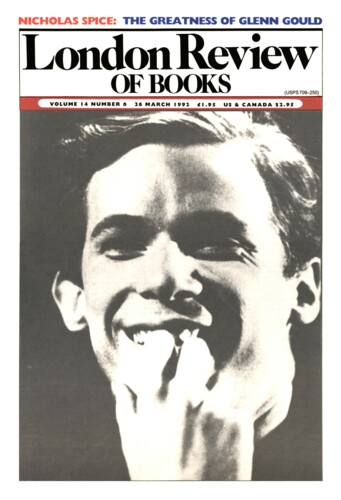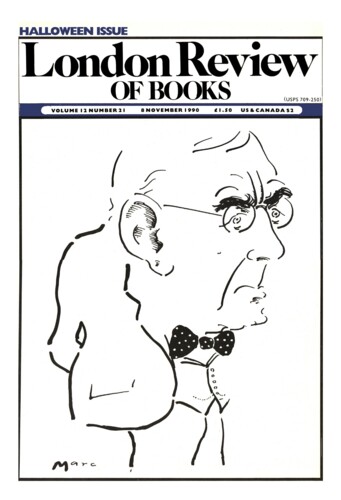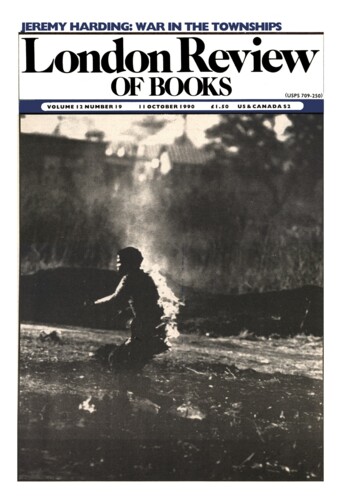Oedipal Wrecks
Michael Mason, 26 March 1992
Kurt Vonnegut will be 70 this year. At this age he would indeed be a remarkable writer if his latest book – which is a collection of occasional pieces in the vein of the earlier Wampeters Foma and Granfaloons (1975) and Palm Sunday (1981) – had broken much new ground. In that sense his detractors and his admirers need not fall out on this occasion. The essential familiarity of the manner and matter of Fates Worse than Death should not give comfort to the former, or worry the latter (who will, rather, enjoy a pleasure like that of knowing that a valued friendship is still intact). But the accusation of repetition or stagnation, against Vonnegut, goes back a long way: to epochs in his career where the admirers probably do need to be able to locate novelty and growth if they are to make more than modest claims for his achievement.




